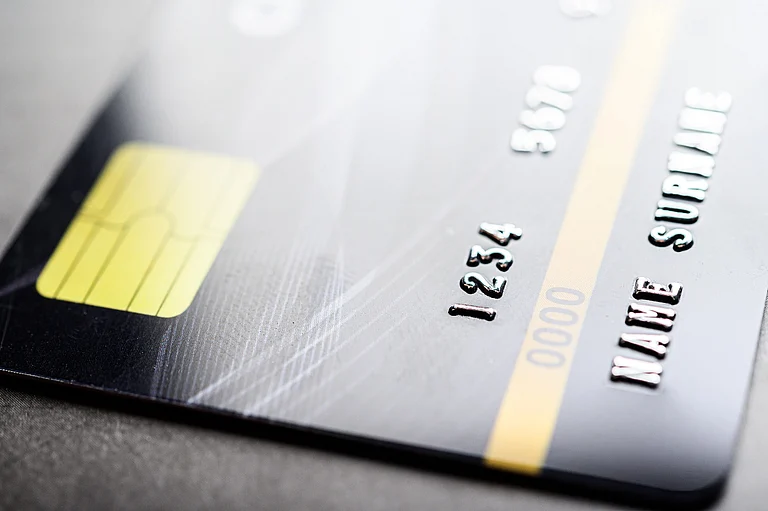Despite the overall health of the US economy, certain segments of the population are grappling with depleted savings and escalating credit card debt due to the prolonged battle with inflation over the past two years. Concerns are mounting, particularly for lower- and middle-income Americans, predominantly renters, who may be falling behind on their debts.
The potential for further financial deterioration looms large in the coming year, especially for those who have recently recommenced paying off student loans.
While the US economy has exceeded expectations, recent resilience is attributed, in part, to increased consumer spending funded by credit cards, as highlighted in a report by Shernette McLoud, an economist with TD Economics.
The third quarter of 2023 witnessed a record-high credit card debt of over $1.05 trillion, with credit card delinquency rates surpassing 2019 levels. The average interest rate on bank credit cards, currently at 21.5%, is the highest since 1994, according to Federal Reserve data.
The financial landscape appears divided, with approximately two-thirds of Americans who own homes and invest in the stock market experiencing substantial economic well-being. In contrast, a significant portion of the population, particularly middle- and lower-income renters, faces financial stress and increasing delinquency levels, exacerbated by the impact of inflation.
Despite the overall health of the consumer credit market, signs of stress are emerging, according to Silvio Tavares, President and CEO of VantageScore. This divide is also reflected in the performance of credit card companies, such as American Express, Capital One, Discover Financial, and Synchrony Financial. Customers of the latter three, historically associated with lower credit scores, are witnessing rising charge-off rates and delinquency levels.
Inflation, peaking at 9.1% in June 2022, has since slightly moderated to above 3%, but the costs of goods and services remain high. Renters, in particular, feel the impact, with median rents increasing significantly. The recent reintroduction of student loan payments adds to concerns, especially for younger and less affluent individuals who may struggle to meet these obligations.
While banks like JPMorgan Chase and Bank of America have experienced modest increases in credit metrics, the overall sentiment in the banking industry suggests a conservative approach to lending. This, coupled with the Federal Reserve signaling a delayed interest rate cut, indicates little relief for those burdened with high-interest debts.
Economists acknowledge the strain on lower-income Americans but currently do not foresee broad spillover effects on the overall economy. However, rising delinquencies, particularly in the context of student loans, pose growing risks in the coming year, warranting close monitoring.






















